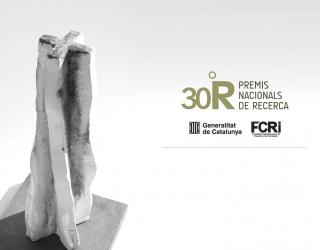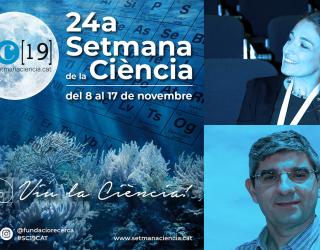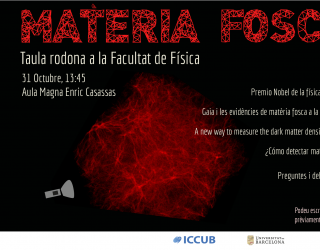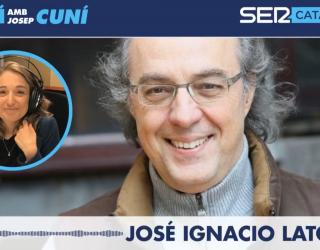
Particle Physics, Atomic-Nuclear, Gravitation, Cosmology

Particle Physics, Atomic-Nuclear, Gravitation, Cosmology

Particle Physics, Atomic-Nuclear, Gravitation, Cosmology

Particle Physics, Atomic-Nuclear, Gravitation, Cosmology
News article on





